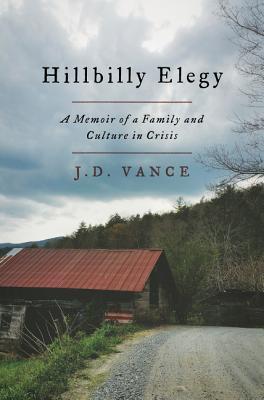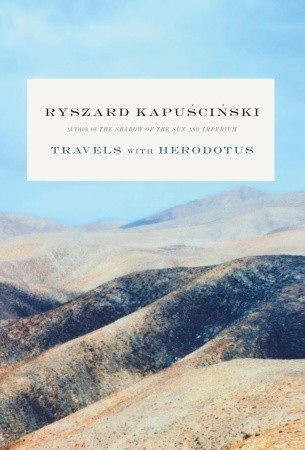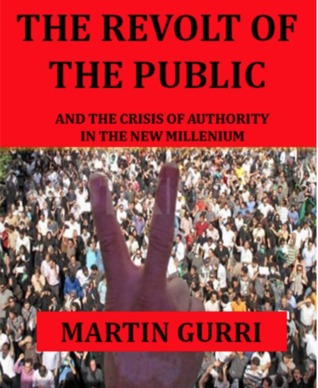I read 67 books in 2016 (full list
here, let's be friends on Goodreads, people!) and only a few were the result of fishing expeditions at the local bookstore or the
CHPL. Most were referrals from trusted sources, and I am thankful to
Farnam Street, The New York Times, the Economist, Tyler Cowen, Arnold Kling, and a few other online sources for recommendations. Also thanks to G-Lo for her monthly reporting and occasional exchanges of recommended reading material.
But a special shout-out to my friend Pat Fay, who introduced me to the book of the year, and an author of four of the books I read this year. I had the idea to send him something I thought he might like around 2010. I had visions of an organic book club where a bunch of friends would be passing stuff around
sua sponte; mailboxes choc-a-bloc with unsolicited reading material from trusted sources. Happy days.
Well, it never really grew beyond Pat and me (the other two founding donees, Tom and Jason, quietly ignored me),but we are going strong, exchange a book or two a year and follow each other on Goodreads, where I am glad to say he has taken to posting reviews, which are a valuable tool in assessing candidates for my attention.
Which leads me to the book of the year, and my 2016 discovery of
Ryszard Kapuscinski, the peripatetic Polish journalist who reported from Africa, Iran, India and the USSR in a deceptively simple way. combining the wonder of a stranger in a strange land, with an astute assessment of what was actually going on. It showed up at my door last year, uninvited. I opened it knowing nothing, and when I finished it, I felt like the scales had fallen off of my eyes. How could this book and this person be out there and me not know about it?
I think I liked the Africa book the best, but I have to choose Iran as my book of the year, because the subject matter was so interesting and most of the detail of the events largely unknown to me. Plus it was my first, and you know how that works.
No big resolutions for 2017, except to read more fiction, and maybe to get out of my chair a bit more. But there's a big pile of stuff against the wall that I can't wait to get to. And it's cold outside. You know how it goes with resolutions.
A history of the rise and overthrow of the Shah of Iran. The Goodreads review calls it a a "compelling history of conspiracy, repression, fanatacism, and revolution", and that's putting it mildly. Somehow, someone who can't quite figure out what's going on helps you understand it in a way an expert never could. That's the best I can explain it. You need to try it for yourself.
Goodreads calls it "an exhilarating novel of wit and romance, at once an intellectual mystery and triumphant love story. It is the tale of a pair of young scholars researching the lives of two Victorian poets. As they uncover their letters, journals, and poems, and track their movements from London to Yorkshire—from spiritualist séances to the fairy-haunted far west of Brittany—what emerges is an extraordinary counterpoint of passions and ideas."
I found the combination of literary history, professional competition, love and mystery masterfully done--one of those books where you constantly are reminding yourself that a fellow human being did this, however improbable that may seem.
100,000 years ago, at least six human species inhabited the earth. Today there is just one. Us. Homo sapiens. How did our species succeed in the battle for dominance? Why did our foraging ancestors come together to create cities and kingdoms? How did we come to believe in gods, nations and human rights; to trust money, books and laws; and to be enslaved by bureaucracy, timetables and consumerism? And what will our world be like in the millennia to come?
The scope of this book is ridiculous, but somehow he ties it all together in that Jared Diamond or Joseph Campbell way that has you nodding your head and thinking that now you really do understand it all. Maybe that's not quite accurate, but it's not entirely wrong either.
I do love Nick Hornby's writing, and I didn't know that he had written a gang of book reviews until I came across one in the Chapel Hill Library. It didn't take me long to seek out the Omnibus version, and never has 500 pages flown by so quickly. He helps you understand things about everyday life and the joy of reading, that, like Kapuscinski, looks far easier than it really is. The older I get the more I realize how hard it is to be simple and clear.
Struggled with this and the Age of Innocence as my final selection, but I chose this one because I liked the relationship dynamics and the chronicle of the end of an era in Britain. It's a great story, but the deeper you get into it, the more you realize that it's also an historical artifact and a meditation on what it means to be a person in a community of others.
 Hillbilly Elegy: A Memoir of a Family and Culture in Crisis
Hillbilly Elegy: A Memoir of a Family and Culture in Crisis Vivid picture of another part of America, along with the acknowledgement that it won't be so easy to make America great again. Not perfect, by any means, but worth the effort.
Vivid picture of another part of America, along with the acknowledgement that it won't be so easy to make America great again. Not perfect, by any means, but worth the effort.







